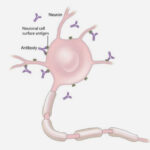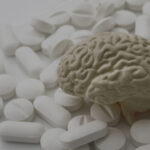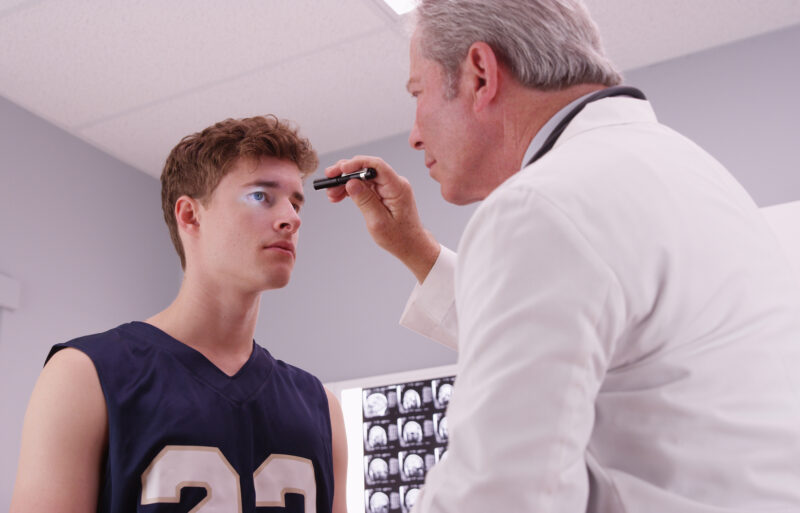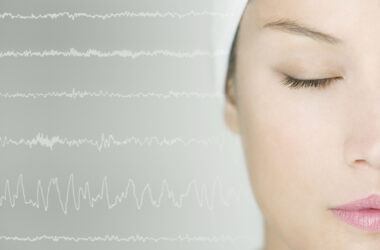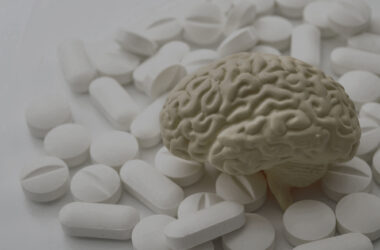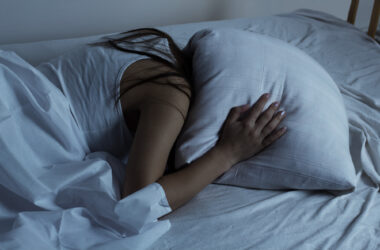The month of March is full of entertaining moments like St. Patrick’s Day, Spring Break and the NCAA’s March Madness men’s basketball tournament.
With 68 teams competing, March Madness offers the opportunity to thrive, making lasting memories and crowning a national champion.
However, with any sport, there is always the chance of injury in high intensity competition.
The most common injuries for basketball players includes torn ligaments in the knees, wrists, toes, fingers and ankles as well as facial and head injuries from accidental collisions.
Interestingly enough, most facial and head injuries (up to 60%) in basketball occur in the second half, indicating a direct correlation between fatigue and accidental collisions between players, resulting in injury.
Facial and head injuries, whether an elbow to the face/head, player-to-player body collision, or even an incoming ball to the face/head can all result in a concussion.
Concussions give cause for concern across sports, especially in football. However, basketball is also a high-risk sport for concussions as the NCAA men’s basketball division has recorded an increasing number of players experiencing head injuries or concussions.
In fact, NCAA men’s basketball recorded more concussion than NCAA men’s soccer.
The best way for the NCAA to combat the increase number of recorded concussions is to continue educating coaches, sports departments and players about the symptoms.
The symptoms of concussion include disorientation, dizziness, headaches, impaired eyesight, nausea/vomiting, confusion, and fogginess, ringing in the ears or amnesia.
If a player is diagnosed with a concussion, they should refrain from playing until they are cleared; avoid screens as much as possible, rest and sleep; and avoid taking pain relievers like acetaminophen or ibuprofen.
The Kuether Brain and Spine team hopes all competing players in the NCAA remain safe during the March Madness basketball tournament, particularly with regards to concussions.
Our staff will be watching in anticipation as the national champion is crowned.

